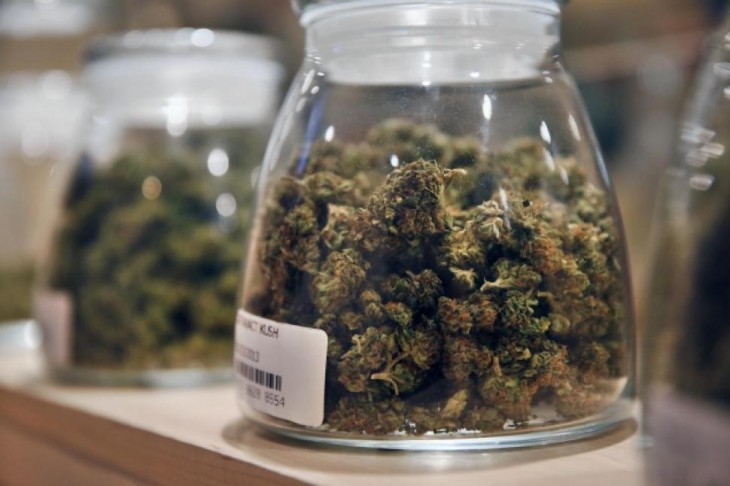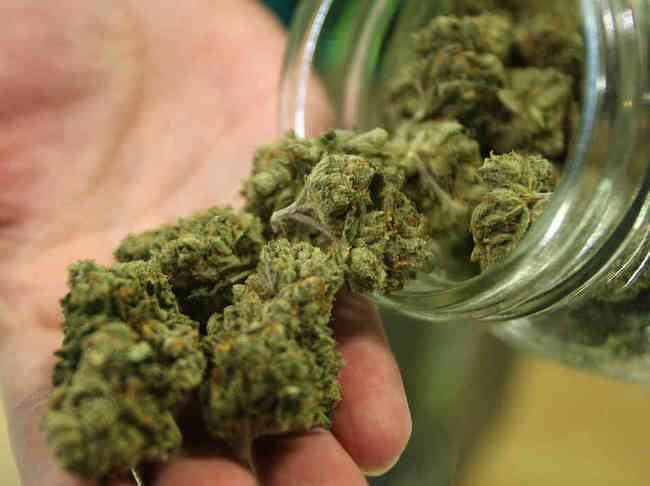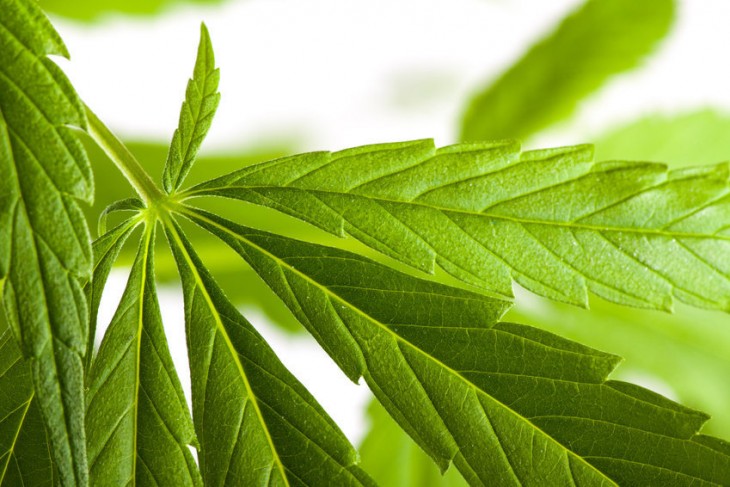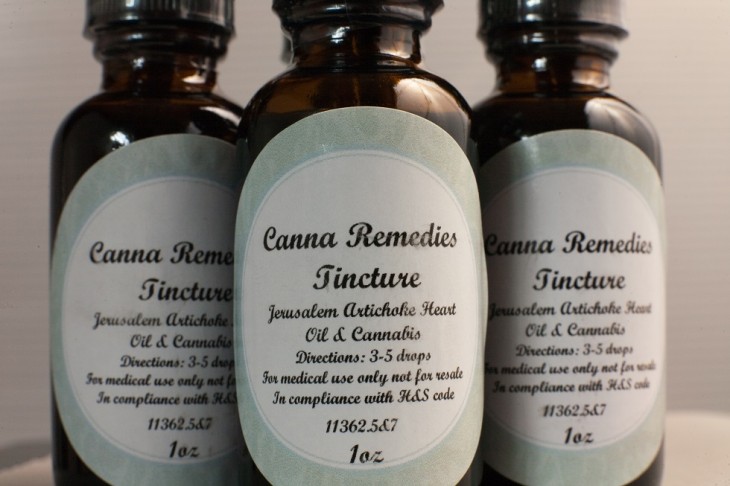Along the Presidential elections that were happening in the US in 2016, legalising the use of marijuana was on the ballot. There were nine states where this election was held for either legalising it for medicinal purposes or for recreational purposes. Though marijuana is still illegal, if we go by the federal law the speculations are on if the Trump administration will go with or against it; the states have cleared the road for its usage. As of now, 28 states have legalised it for medical purposes along with the District of Columbia, Guam and Puerto Rico. Out of these, there are 8 states where it is legal for recreational purposes too.
Public Broadcasting Service (PBS), which is a television program distributor and American public broadcaster, has raised its voice for seeking unrestricted access to marijuana for medical purposes. There is a never-ending debate on whether it helps the chronic patients or just makes people addicted.
The National Academies of Sciences, Engineering, and Medicine released a federal advisory last Thursday giving a detailed study on where cannabis can help and which are the areas where it might not.
A Harvard paediatrician, Marie McCormick, who chaired this review panel said, “We conducted an in-depth and broad review of the most recent research to establish firmly what the science says and to highlight areas that still need further examination. As laws and policies continue to change, research must also.”
The 15 legal experts under McCormick spent one full year reviewing the studies that were available on cannabis right from the treatment of cancer, an effect on chronic pain, Parkinson’s disease, anorexia to car crashes. Based on this study, they concluded the impacts that this drug has on health. They summarised that the drug is really helpful in soothing multiple sclerosis symptoms. The study reflected that while it is not effective in curing cancer, it is really a boon for curing nausea that happens during chemotherapy to treat cancer.
PBS feels that in spite of marijuana usage being legal in some pockets for last 20 years, nothing concrete is known about the clinical benefits of this drug. Most of the people still consider it an addictive material as so does the federal law. If it has access to unrestricted use of medical marijuana, it will be able to shed more light on the areas where the drug works wonders.









